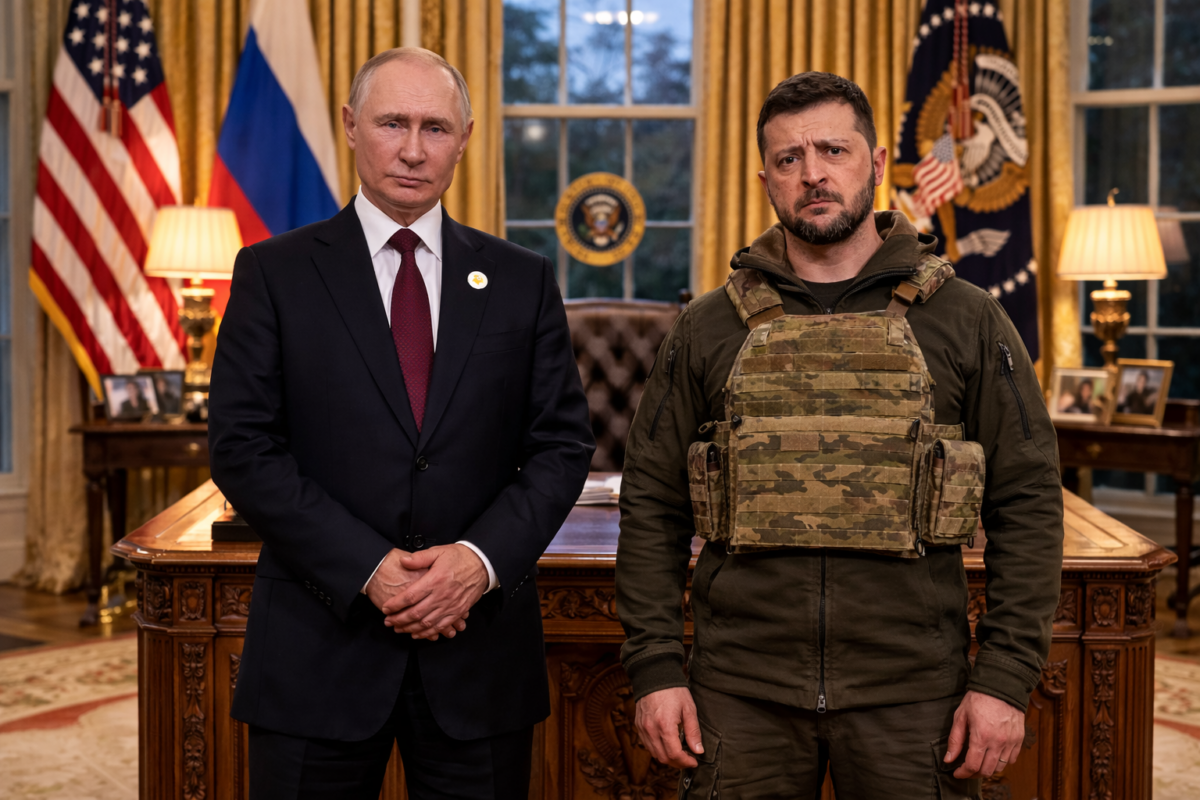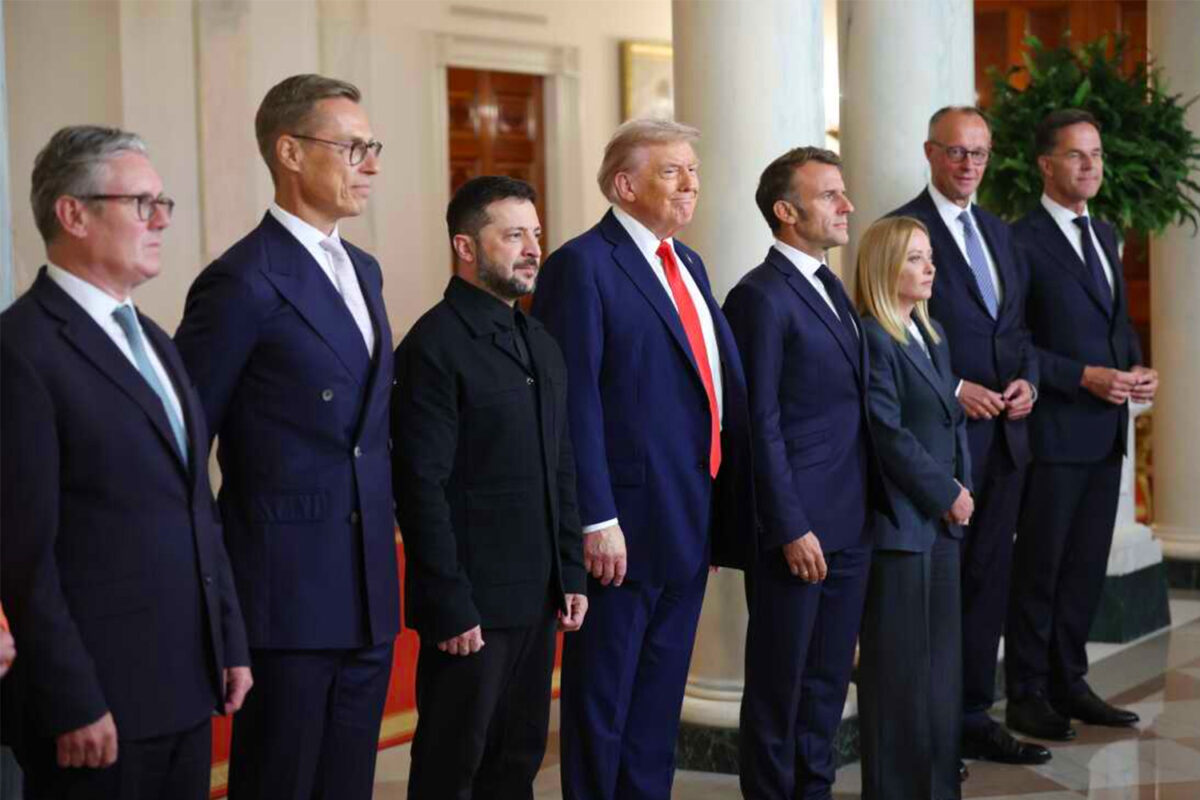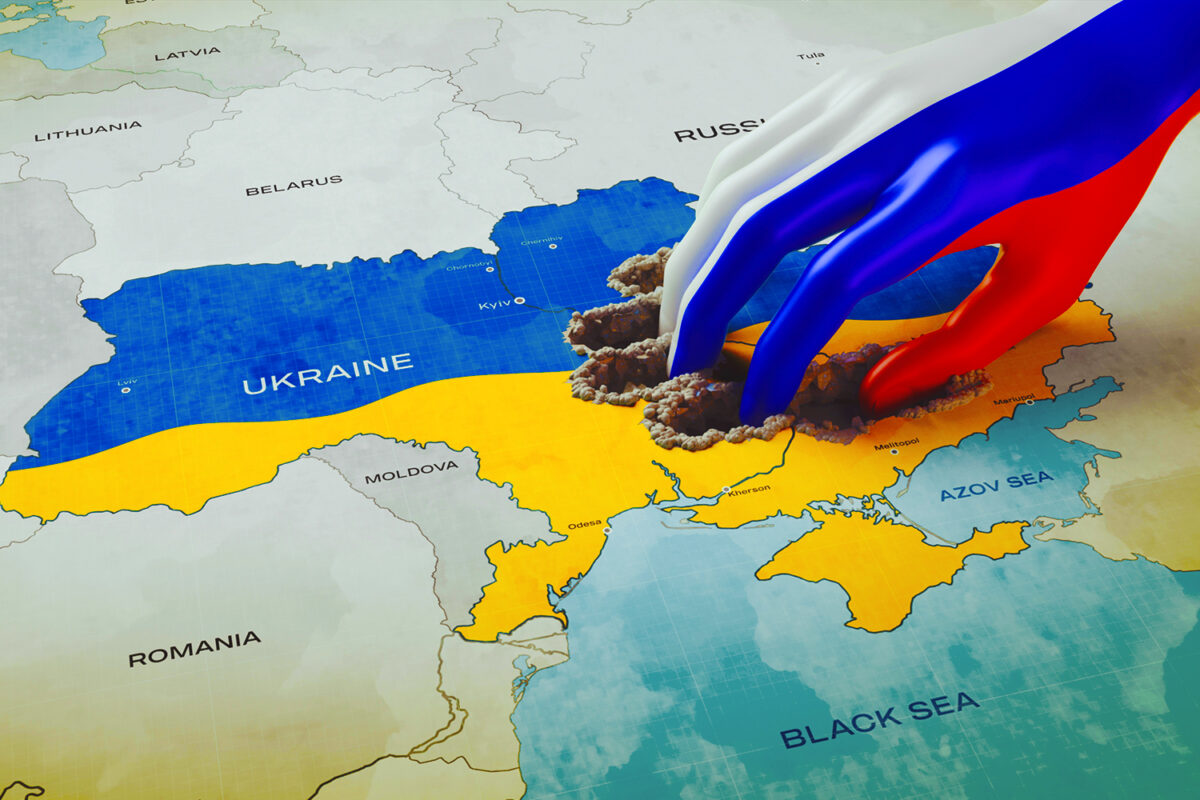Britain’s departure from the European Union (EU) is meant to usher in a new era for the island nation on the edge of the European continent. Many promises have been made by the supporters of Britain’s exit from the continental bloc of a bright future and a new era for the former empire. Due to exiting the EU, Britain stands completely isolated from European affairs for the first time in its history. This presents the nation with a strategic dilemma which it never had to face placing it in an even more precarious situation.
British global power has always been contingent upon the stability of the European continent where it played the role of a diplomatic balancer to prevent the emergence of a regional hegemon upon the continent. The British Cabinet once stated at the congress of Aix-la-Chapelle: “… Our true policy has always been not to interfere except in great emergencies and then with commanding force”.[1] The traditional balance of power strategy has always dominated British foreign policy when it comes to neutralising external threats, this strategy almost became a mindset. This mindset was due to the nation’s geography where Britain was an insular power; since the stopping power of sea hampers the ability to transport an army onto hostile shores and then move inwards to overcome a hostile populace. The continental powers in Europe – Germany and France, needed to contend with the emerging threats on the continent due to their geography, but not all of European threats posed a danger to Britain and British interests.
During the Napoleonic Wars (1803–1815), Britain used the strategy of buck-passing to prevent France’s quest for continental supremacy. The British passed the burden to other powers on the continent and deployed only a small land force in the Netherlands, Spain and Portugal to help thwart Napoleon’s expansion. It was not until the invasion of Russia in 1812 where Napoleon’s Grande Armée faced a crushing defeat in the Russian mainland. It was the battle that truly broke the back of France and only then Britain intervened and delivered the ultimate blow to France at the Battle of Waterloo in 1815.
British elites and policy makers have never been short of political ambition and even after WW2 as British influence waned it tried to play a strong hand, regularly punching above its weight
The global powers conveneed in the Congress of Vienna (1814-15), to establish a balance of power. An order based upon the distribution of power where the balance of power would reduce the opportunities of using force, and where a shared sense of justice would decrease the desire to use such force. After the Congress of Vienna, France was forced to concede all its conquests and return to its ancient frontiers. From 1815 until the early 20th century the British strategy to achieve its foreign policy objectives was identical to the period of the Napoleonic wars – to form balancing coalitions to diminish any evolving threat within continental Europe and only intervene if the situation deteriorated. However, the success of this strategy began to diminish during the mid-19th century: Britain made no continental commitments, only intervening once during the Crimean War when Russia and France waged war with one another, which posed a threat to British naval interests. Therefore, Britain formed an Anglo-French alliance to obliterate Russian warships in the Black Sea and seize the Russian naval base at Sevastopol, in Crimea, which restored the balance of power on the continent.
During World War II, Britain nudged the United States (US) onto continental Europe to help overcome the Nazi war machine and concurrently balance its other wartime ally, the Soviet Union. Although the threat of Nazi Germany was neutralised, the United States emerged as the new superpower thereby pushing Britain’s status to a middle-ranking European power. The mainstream portrayal of Winston Churchill being a protagonist of the British Empire is rather far-fetched as Britain was bankrupt, weak and turned to an aspiring power who had its own ambitions to replace Britain at the centre of the global system.
As the Cold War was beginning Britain revised its strategy, under Ernest Brevin, from buck-passing to influencing US policies through maintaining a close relationship with the superpower whilst remaining independent of the US. Whilst Britain maintained its NATO commitments to western Europe under the US framework it simultaneously pursued détente with the Soviet Union. The British were once more attempting to somehow balance both superpowers by not permitting either to exceed their sphere of influence within Europe. The strategy changed during the Cold War, but the strategic mindset remained the same – a traditional balance of power, where it tried to accommodate the new situation to its historical mindset which only could be harnessed in a multipolar world. But when Khrushchev and Kennedy both agreed to détente in 1961 Britain’s policy of playing both bi-polar powers of each other had failed.
After the collapse of the Soviet Union, Britain attempted to balance its relationship between the two sides of the Atlantic – Europe and America. Britain rejected the EU’s goal of political unity but favoured free trade and adopted a foreign policy and security policy outside of the European framework and it seldom maximised its realm of influence within the EU. The US continued to maintain a close relationship with Britain as it served as a Trojan Horse in Europe.
Britain has never been able to move beyond its traditional balance of power mindset. When Britain had colonies and possessed power in global issues this served it well. Britain’s decline in global affairs since WW2 has meant its economic and military capabilities are ‘out of sync’ with its political ambitions. Furthermore the idea of balance of power does not always lead to success as history has shown that states do not want to balance the order, they want to become the order. Only the Europeans were obsessed with this concept and Britain was its champion, but it was never effective in preventing several gruesome European wars. Only after the US entered the arena did the situation radically change since the US successfully created a post-war international order based upon American hegemony.
Britain will likely follow the path of Portugal and Spain who were the first European colonial powers, but today do not engage in global issues as they lack the material means to do so
In 2019 Britain’s former jewel in the crown – India, replaced Britain in the global premier league as its GDP exceeded its former colonial master. The emerging trends will present new broader and deeper challenges to Britain. The battle for global supremacy is between China and the US who are so far ahead of the UK that it’s unlikely Britain will even get to play any role. The emergence of mid-tier nations such as Brazil and Turkey will likely mean Britain will move further down the global premier league. Indonesia, Mexico, South Africa and India with their growing demographics and economies will see them enter global institutions which will dilute the influence of former powers and even push them out. On the current trajectory Britain will most likely become dependent on the US and the North American trading bloc to secure its economic prospects since it is the only viable substitute for the loss of its EU trading bloc. Canada, the US and Mexico are former British colonies, but this time they will likely be calling the shots.
British elites and policy makers have never been short of political ambition and even after WW2 as British influence waned, it tried to play a strong hand, regularly punching above its weight. But its ambitions have become hollow as it has little military and economic capability to achieve its political ambitions. The strategic dilemma for Britain is, it either accepts its current position and becomes further dependent on the US or it needs to go through a radical change. Britain would need a major restructuring of its economy and the rejuvenation of manufacturing which addresses its industrial weakness. Change of such magnitude requires events of even larger magnitude to initiate them and unless this happens, Britain will likely follow the path of Portugal and Spain: they were the first European colonial powers, but today do not engage in global issues as they lack the material means to do so.
[1] Viscount Castlereagh’s Correspondence, dispatches and other Papers, 12 vols., edited by his brother, the Marquess of Londonderry ( London, 1848-52), vol.XII, P. 394.




